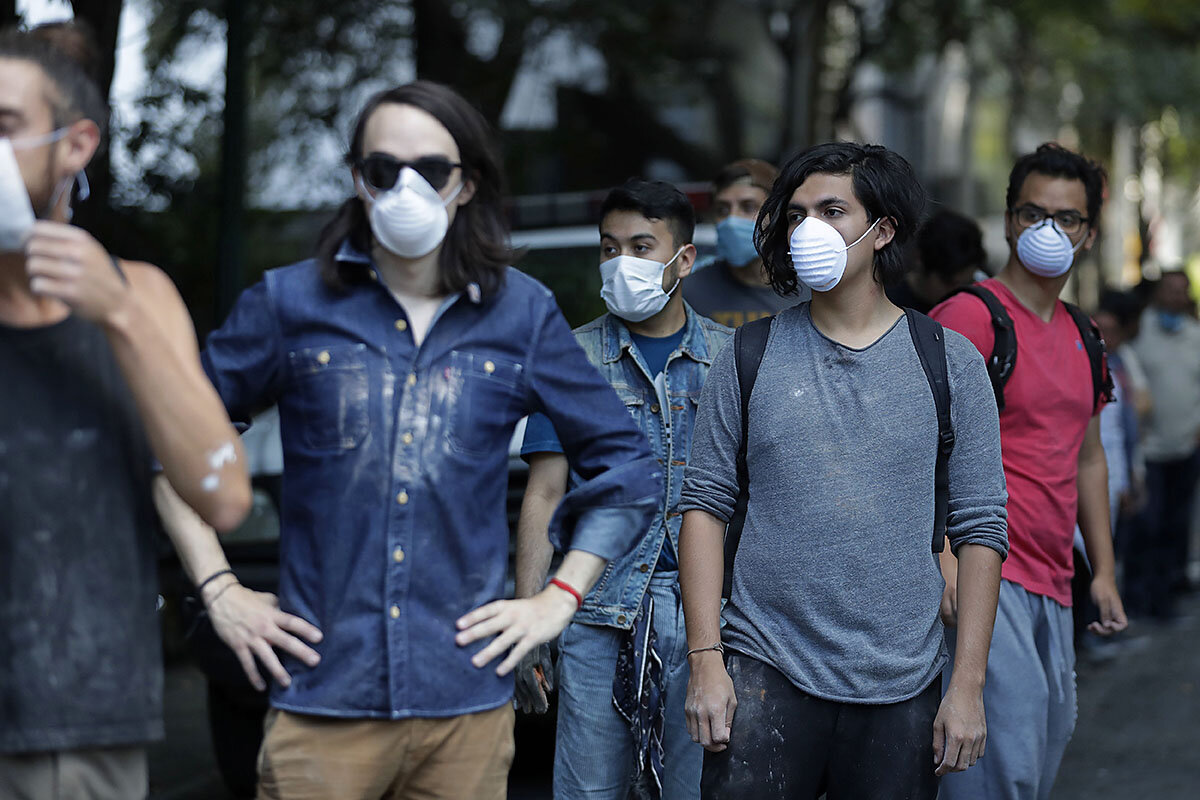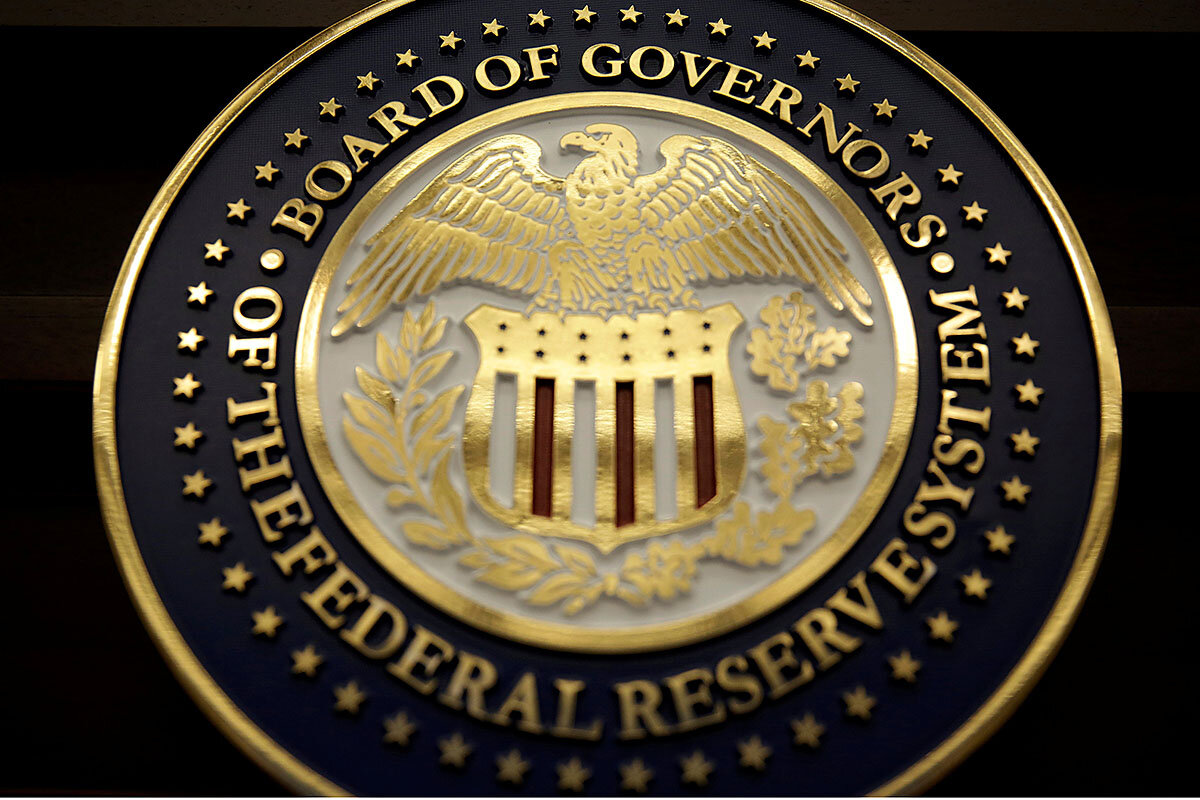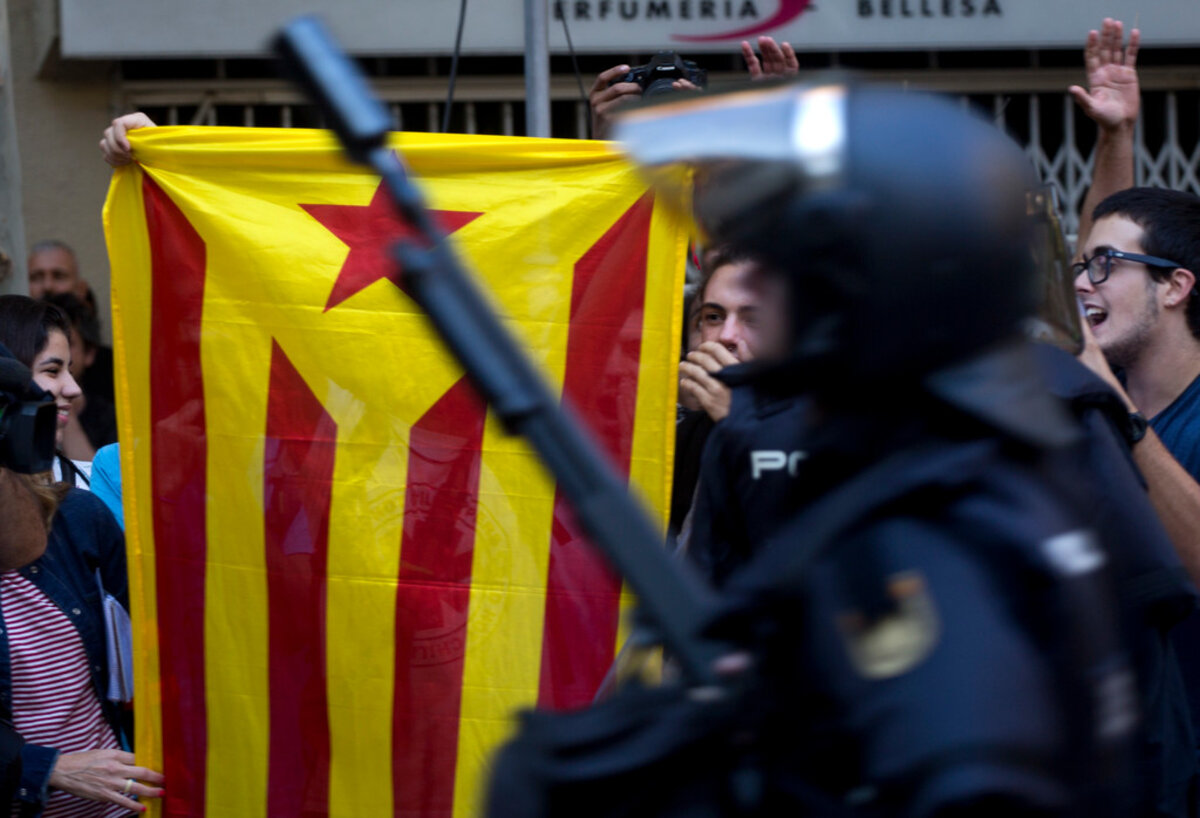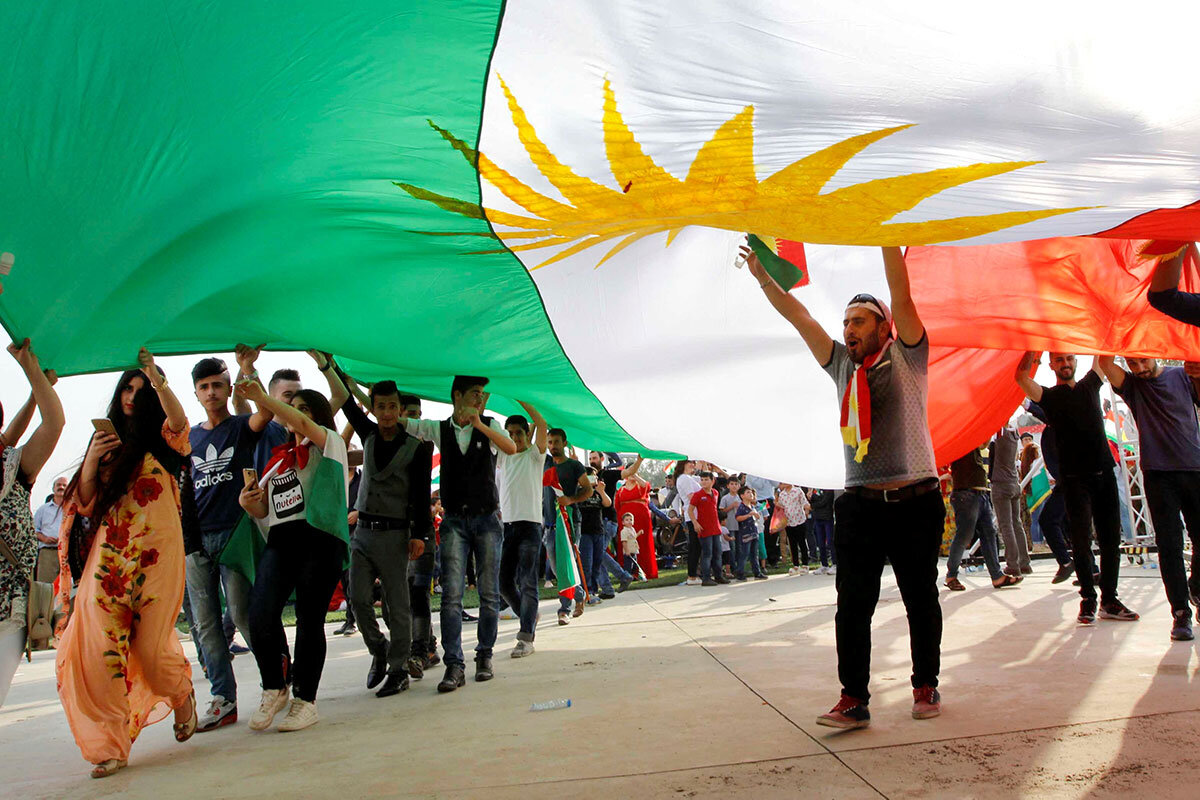In Mexico, as in Texas, Florida, and the Caribbean before it, the immediate response to natural disaster has been neighbor rushing to help neighbor – an instinct rooted in both a spirit of generosity and the memory of past catastrophes.
Monitor Daily Podcast
- Follow us:
- Apple Podcasts
- Spotify
- RSS Feed
- Download
 Yvonne Zipp
Yvonne Zipp
Is there a right way to get a pet?
Our dog (a beagle, basset, Jack Russell mix) jumped in my lap at an adoption event. One cat was a tiny blue-eyed ball of fluff and fleas my husband found at the county shelter. The other was a stray that loitered hopefully outside our house.
We tend not to buy animals. That’s our family’s choice.
California’s Assembly has passed a law that would make it the first state in the nation to outlaw the sale of puppies, kittens, and rabbits in pet stores unless they come from shelters or rescue organizations. More than 230 US cities and counties have passed similar measures.
Animal welfare advocates say the law will protect pets from unsanitary and inhumane conditions. Pet stores and commercial breeders say the bill paints with an unfairly broad brush and will put them out of business. They have urged Gov. Jerry Brown to veto it.
Whatever the outcome, the bill's passage reflects a continuing shift in American society from regarding animals as commodities to feeling beings – and sometimes, as shown in viral photos of Houstonians carrying dogs through thigh-high floodwaters, beloved family members. Those who left their pets caged or tied up – sparking national outrage – show that shift is still in progress.
But the progress is there: While the American Society for the Prevention of Cruelty to Animals estimates that 1.5 million shelter animals are euthanized each year, the number has declined from approximately 2.6 million in 2011. And adoptions are up.
Now to our five stories for your Wednesday.











